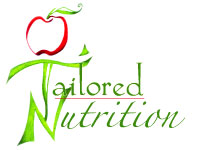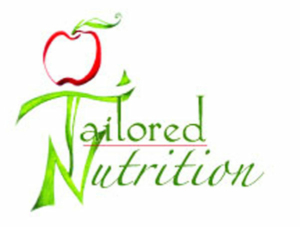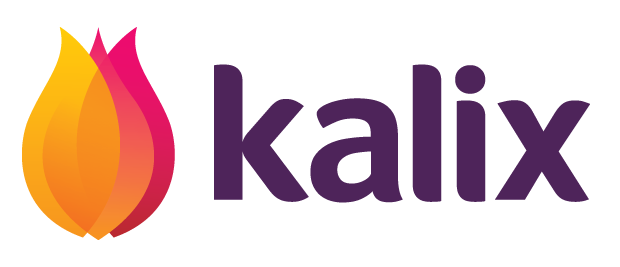FAQ
What is a Registered Dietitian and how is this different than a Nutritionist?
Anyone can call themselves a ‘Nutritionist’. It is like saying you are a cook or a gardener. Though there are now several ‘nutrition’ credentialing programs (often programs that require less than a 1 year commitment), a Registered Dietitian is recognized by healthcare authorities such as JCAHO and the American Medical Association as the leading health expert in nutrition and are the only ‘nutritionists’ legally qualified to provide Medical Nutrition Therapy and Nutrition Assessments as defined by federal and state health care regulations. To be a Registered Dietitian you must complete your undergraduate degree and required coursework to apply to a highly competitive internship program. If accepted into an internship program, you must successfully complete the internship in order to qualify to take the Certified Dietetic Registration Examination. After successfully passing this examination, you must complete at least 75 approved continuing education hours every 5 years to remain licensed. There are 75,000 registered dietitians in the United States and approx. 135 in the state of Wyoming.
How do I know if insurance will pay for nutrition services?
Many insurance companies cover nutrition therapy from a Registered Dietitian. Call your insurance company or read your benefits plan to see what would be covered. Tailored Nutrition LLC is an ‘in Network’ provider for Medicare, BlueCross/Blue Shield, CIGNA, Aetna, Optum Allied Health, and EBMS. When inquiring about coverage from your insurance, it is helpful to know that registered dietitian services are often under the ‘therapy’ category with the specific therapy name of ‘medical nutrition therapy’.
How do I set up a telemedicine appointment?
This is very simple. Just make a appointment by calling 307-752-8213, and request a telemedicine appointment. You will be scheduled for a HIPPA compliant ZOOM nutrition counseling appointment.
Does Tailored Nutrition LLC sell supplements?
Yes. Nutrition supplement evaluation and recommendations are an important part of medical nutrition therapy. To meet potential recommendations and to provide more complete service, Tailored Nutrition LLC is a practitioner partner with Metagenics. Metagenics is a line of nutrition supplements designed to optimize genetic potential with nutrition. Metagenics formulas are,”entrusted to those qualified to recommend and tailor a regimen to meet individual health needs” (Metagenics Inc). In addition, whenever possible, alternatives to metagenic products with a range of prices will be provided in supplement recommendations.
How is Nutrigenomix different than 23andMe?
“23andMe is fun! It gives you lots of information on interesting traits (eg. ancestry, whether you’re likely to have brown curly hair, likelihood of being tall, reactions to certain drugs, etc…). However, when it comes to useful health information, I think it’s very limited (except for information on drug response, which is useful for those who might need to take certain meds). For example, they tell you that the population-based risk of type 2 diabetes is 25.7% and that your (my!) risk is 34% (without knowing if I’m obese, whether I workout or what I eat!). More importantly, the risk estimates come from gene-disease association studies and many of them have been conflicting. Even geneticists are disappointed at the low clinical utility of genetic tests for disease risk prediction. Furthermore, most of the studies are those with 1-3 star ratings, which they describe as ‘preliminary’ (by their own rating system). Although they provide results for so many markers, they don’t have results for 3 of the genetic markers in the Nutrigenomix panel (and don’t have some of the key markers for our upcoming gluten-sensitivity panel). What’s unique about the 7 genetic markers in our panel is that they’re based on validated studies of ‘modifier’ genes that are actionable and include a personalized plan. 23andMe might tell you that you have a higher risk of heart disease, but does that mean you should cut back on coffee? It depends on your CYP1A2 gene and whether it enables you to break down caffeine quickly or slowly. Same thing with risk of hypertension and sodium reduction. About 30% of the population have a version of the ACE gene that enables them to consume more sodium than the other 70% without increasing their risk of hypertension. So, if they’re looking to understand how they respond to 7 key components of the diet and receive personalized recommendations with actionable advice and access to a qualified healthcare professional to help them meet their goals then Nutrigenomix should be their choice ” quoted from Lisa Cianfrini, MSc, RD, Manager, Dietitian Services, Nutrigenomix Inc.



